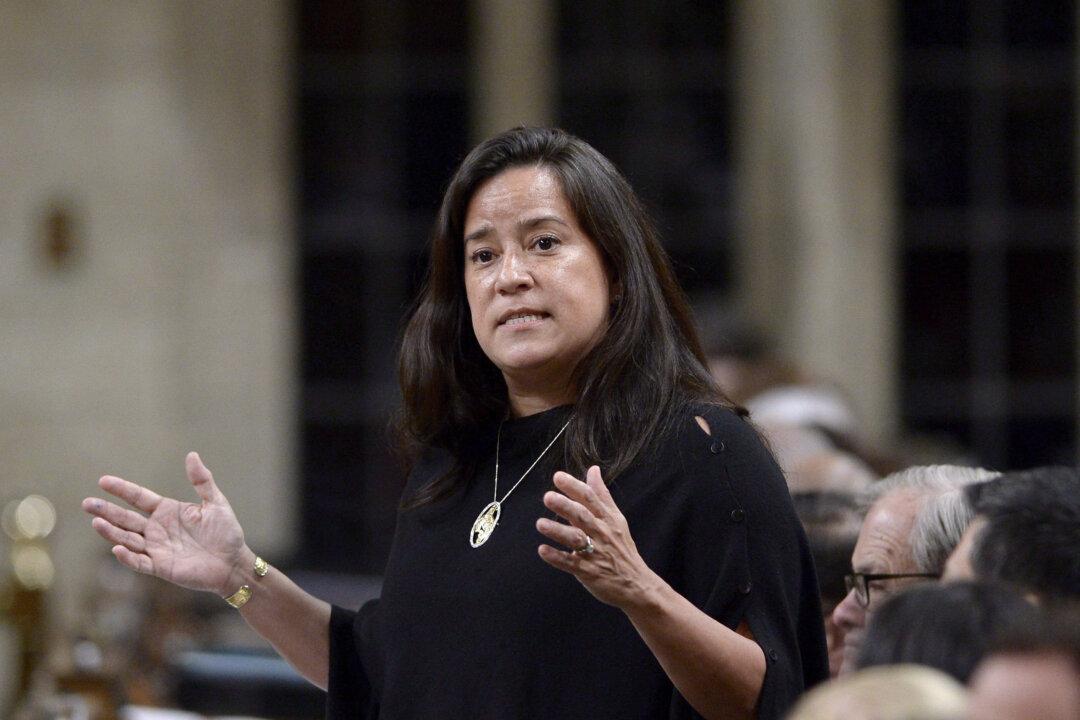The SNC-Lavalin scandal cost the Liberals two cabinet ministers, their leader’s most-trusted aide, and nearly a second term in office. It made Canadians question the intersection of politics and justice and the application of the rule of law and prosecutorial independence—something fundamental to Canada as it distinguishes itself from a nation like China, where the communist regime is judge, jury, and executioner.
The figure at the centre of the scandal was former attorney general and minister of justice Jody Wilson-Raybould, who was chosen as Canada’s newsmaker of the year by The Canadian Press and BNN Bloomberg.
After being demoted in January, The Globe and Mail reported in early February that she had refused to intervene in SNC-Lavalin’s case after having been pressured by the Prime Minister’s Office. In 2018, the government had introduced deferred prosecution agreements (DPAs)—seemingly targeting the SNC-Lavalin situation—so as to prevent the company from being barred from federal government contracts for 10 years if convicted in a criminal trial.
The scandal fostered debate among legal experts and political analysts on whether or not the attorney general should be a cabinet minister and thus be completely independent of politics. The AG is able to intervene in criminal investigations so long as the justifications are publicly disclosed.
SNC-Lavalin announced a corporate restructuring in July and did not secure a DPA. In December, a division of SNC-Lavalin pleaded guilty to fraud in dealings with Libya and was fined $280 million. A former senior executive was found guilty of corruption.
Overall, the result is a good one for the Quebec-based construction firm and similar to what would have happened had it gone through a remediation process.
After the plea deal, Wilson-Raybould tweeted that “the justice system did its work” and that the rule of law was upheld and accountability was achieved.
“I have long believed in the essential necessity of our judicial system operating as it should—based on the rule of law and prosecutorial independence, and without political interference or pressure,” she tweeted on Dec. 18.
The ethics commissioner had concluded in August that Prime Minister Justin Trudeau had violated the Conflict of Interest Act. Trudeau’s motivations were to prevent job losses in Quebec should SNC-Lavalin be barred from government contracts.
Earlier in the year as the scandal unfolded, Canada started taking heat from China for having detained Huawei executive Meng Wanzhou for extradition to the United States. China pressured Canada to release Meng and questioned its judicial independence due to the SNC-Lavalin controversy; however, the government stood up for the rule of law and due process.





